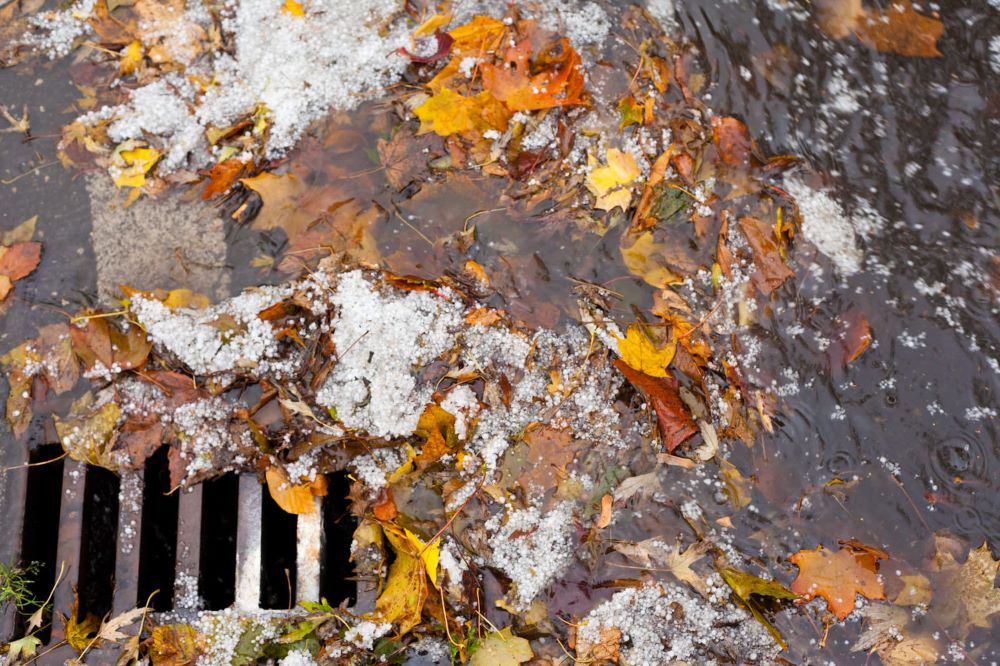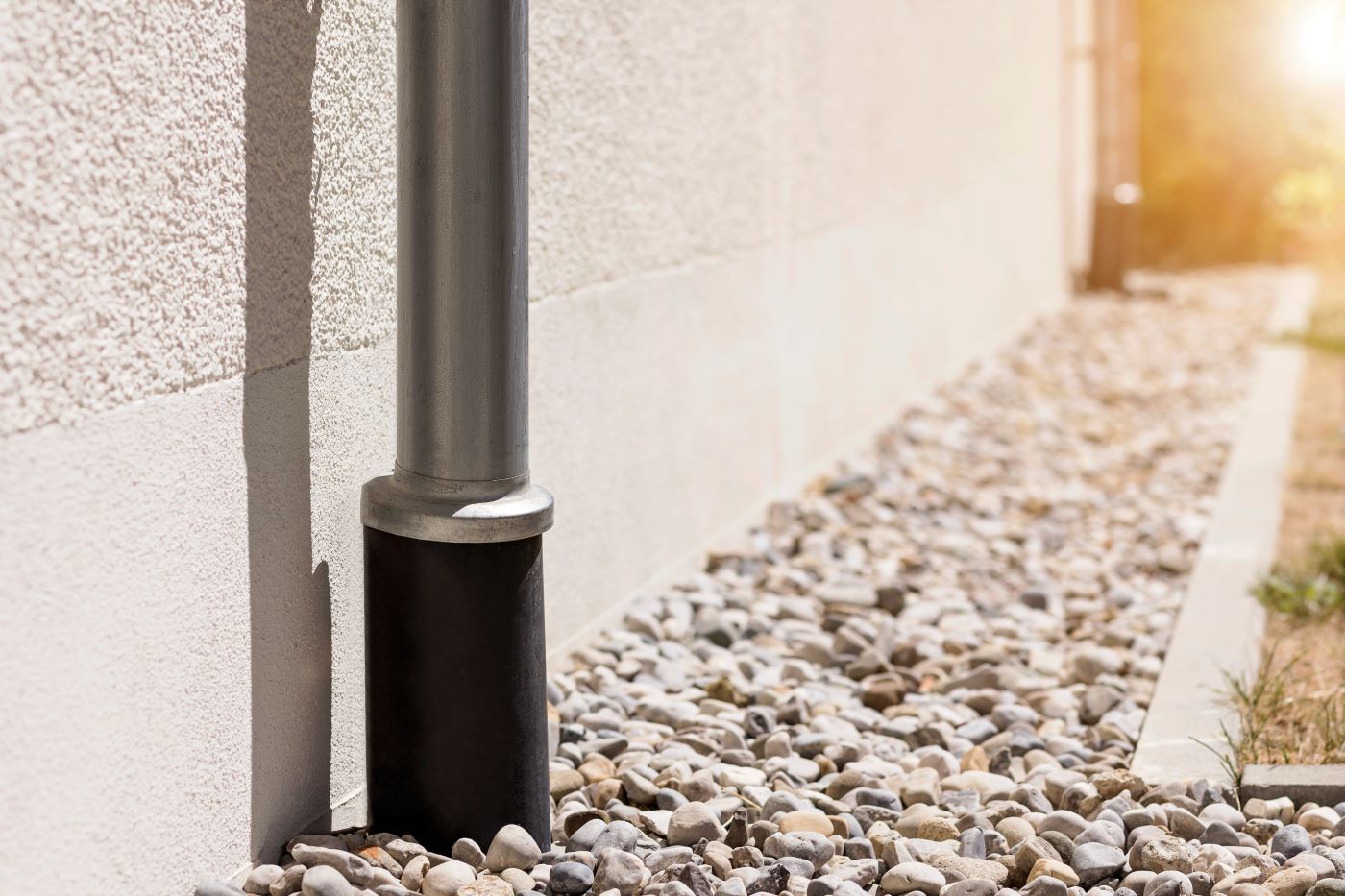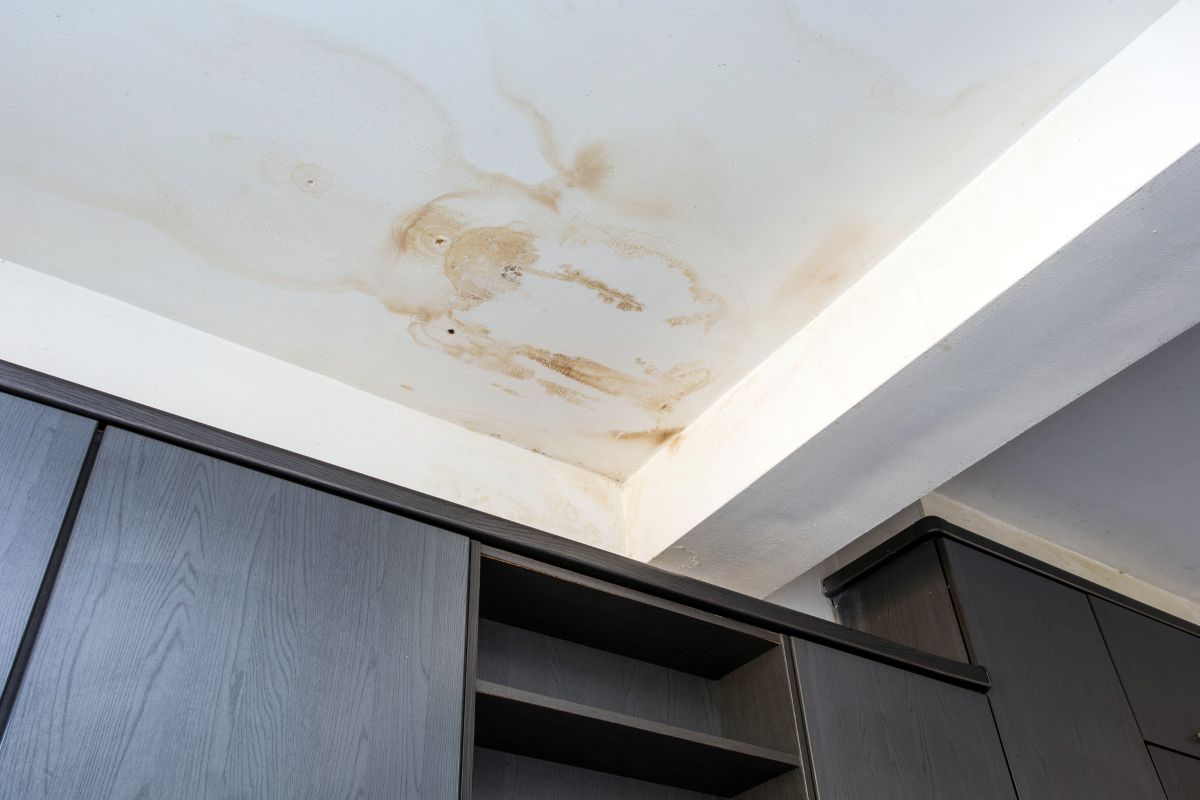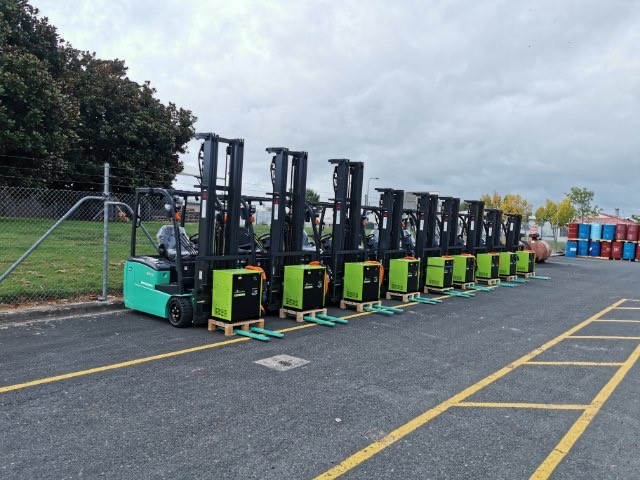Understanding the Importance of Residential Drainage in Auckland
Auckland’s Climate and Its Impact on Home Drainage
Auckland’s climate is marked by high rainfall levels, particularly during the winter months. With frequent heavy downpours and increasingly unpredictable weather patterns driven by climate change, effective residential drainage is no longer a luxury; it’s a necessity.
Homes in Auckland must contend with saturated soil, pooling water, and stormwater run-off that can damage foundations, flood basements, and compromise landscaping. As such, understanding how this unique climate affects drainage performance is essential for homeowners and builders alike.
Consequences of Poor Drainage in Residential Areas
When drainage is poorly designed or maintained, the consequences can be significant. Persistent waterlogging can weaken the soil around a home’s foundation, leading to subsidence and structural issues. Many of these issues start with overlooked stormwater problems. Our guide to stormwater and drainage problems explains the main causes and warning signs homeowners should watch for.
Mould growth, damp interiors, and insect infestations are also common in homes with inadequate drainage. In extreme cases, flooding can damage interiors, leading to costly repairs and insurance complications. Effective drainage systems protect not just the structural integrity of a home but also the health and safety of its occupants.
Emerging Drainage Technologies for Auckland Homes in 2025
Smart Drainage Systems and IoT Integration
In 2025, Auckland homeowners are beginning to adopt smart drainage technologies that use Internet of Things (IoT) devices to monitor water flow and detect blockages. These systems can provide real-time updates to homeowners via mobile apps, alerting them to potential issues before they become major problems.
Sensors placed in downpipes, gutters, and stormwater channels enable a proactive approach to drainage maintenance, reducing the risk of water-related damage.
Advanced Permeable Paving Solutions
Permeable paving has become a key trend in residential landscapes across Auckland. These systems allow rainwater to pass through the surface into a specially designed sub-base, reducing runoff and improving infiltration. Materials like permeable concrete, resin-bound gravel, and modular pavers are now widely available and offer both aesthetic appeal and functional value.
For homeowners looking to prevent water accumulation on driveways and patios, this solution is both innovative and environmentally conscious.
Modular Soakaway Crates and Water Retention Cells
A newer development in 2025 is the increasing use of modular soakaway crates and retention cells. These underground systems collect excess rainwater and slowly release it into the soil or stormwater systems.
Their modular design allows for flexible installation beneath gardens or lawns, making them ideal for residential properties with limited space. They are also favoured for their high capacity and longevity.
Sustainable and Eco-Friendly Drainage Options
Rain Gardens and Bioswales in Urban Auckland
Sustainability is a driving force in modern drainage design. Rain gardens and bioswales are landscaped features designed to capture and filter stormwater runoff. Typically planted with native vegetation, these features help to remove pollutants while enhancing the aesthetic appeal of a property.
In Auckland’s urban suburbs, these systems also support biodiversity and reduce the burden on municipal drainage infrastructure.
Green Roof Drainage Systems
Green roofs, once a niche solution, are becoming more popular in Auckland as part of sustainable building practices. These roofs incorporate layers of vegetation and specialised drainage membranes that absorb and filter rainwater.
Not only do they improve stormwater management, but they also provide insulation and reduce urban heat. For residential properties with flat or gently sloped roofs, green roof systems offer a multifunctional solution.
Reusing Stormwater for Household Purposes
With growing concerns over water conservation, Auckland residents are increasingly installing rainwater harvesting systems that collect roof runoff for reuse. This water can be redirected for garden irrigation, toilet flushing, or even laundry.
Integrated filtration ensures that the collected water is safe for its intended uses, making this a cost-effective and eco-friendly option for homeowners.

Retrofitting Drainage Solutions for Older Auckland Homes
Installing French Drains and Subsoil Drainage
Many of Auckland’s older homes were built without modern drainage considerations. Retrofitting these properties with French drains, gravel-filled trenches containing perforated pipes, can redirect water away from foundations and basements.
Subsoil drainage systems are also essential for clay-heavy properties, as they prevent water from accumulating around footings and driveways.
Upgrading Downpipes and Gutter Systems
Outdated or undersized guttering is a common issue in older Auckland homes. Upgrading to wider gutters and high-capacity downpipes ensures that heavy rainfall is managed efficiently. Modern systems also include leaf guards and self-cleaning mechanisms, reducing maintenance and preventing blockages that lead to overflow and water damage.
Dealing with Clay Soil Drainage Challenges
Many areas of Auckland have dense clay soil, which drains poorly and exacerbates water retention issues. In such cases, retrofitting drainage may include soil amendment with organic material, the installation of vertical drainage wells, or the use of raised beds and slope grading to encourage runoff.
Tailored solutions are often necessary to accommodate the unique geological features of each property.
Choosing the Right Drainage Solution for Your Property
Site-Specific Considerations and Professional Assessments
No two properties are alike, and drainage solutions must be customised accordingly. Factors such as slope, soil composition, landscaping, and existing structures all influence the effectiveness of a drainage system. Professional assessments using site surveys and hydrological studies are essential for developing a system that performs well year-round.
Balancing Cost, Sustainability, and Efficiency
While advanced and eco-friendly solutions are appealing, they also come with varying price tags. Auckland homeowners must weigh the long-term benefits of efficient water management against upfront installation costs. Often, the most effective systems are those that integrate multiple approaches, such as combining permeable paving with rain gardens and retention tanks.
Local Auckland Regulations and Compliance
It’s important to ensure that any drainage work complies with Auckland Council regulations and building codes. Permits may be required for large-scale installations, and improper designs can result in fines or forced removal.
Engaging a licensed contractor familiar with local requirements ensures peace of mind and regulatory compliance.
What Auckland Homeowners Can Expect in 2025
Shifts in Building Code Requirements
In response to growing climate resilience concerns, Auckland’s building codes are evolving. New constructions must now meet higher standards for stormwater mitigation and onsite retention. Homeowners planning renovations or additions should anticipate stricter rules and consult with professionals early in the planning process.
Increased Demand for Resilient Infrastructure
As extreme weather events become more frequent, there is a growing demand for infrastructure that can handle sudden surges in rainfall. Residential drainage systems are being designed with capacity and flexibility in mind, often incorporating backup outlets, overflow paths, and monitoring technology to reduce the risk of failure.
Drainage Maintenance Trends and Professional Services
Routine maintenance is becoming a standard part of home ownership. More Auckland residents are engaging in annual drainage inspections, gutter cleanings, and hydro-jetting services to ensure systems remain functional. Preventive care helps avoid costly repairs and keeps properties compliant with insurance policies.
Final Thoughts on the Future of Residential Drainage in Auckland
Key Takeaways for Homeowners Planning Upgrades
The landscape of residential drainage in Auckland is rapidly evolving. In 2025, homeowners have access to a wide array of innovative, sustainable, and effective drainage solutions. Whether building new or upgrading existing systems, investing in quality drainage infrastructure is crucial for protecting property value and ensuring long-term comfort and safety.
Staying Ahead of Climate and Regulatory Changes
With increased rainfall and stricter regulations on the horizon, staying informed is more important than ever. By embracing new technologies, sustainable practices, and professional guidance, Auckland homeowners can future-proof their properties and contribute to a more resilient urban environment.


